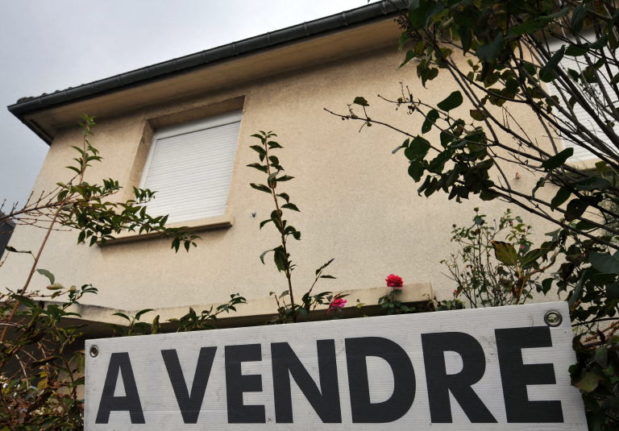What is it?
The ‘clause de tontine’ sometimes also known as a ‘clause d’accroissement’ is a clause that is inserted into the property deeds when you are buying a house or apartment.
It can only be inserted during the purchase, and cannot be added later.
It’s basically a ‘group purchase’. It’s most commonly used by unmarried couples who are buying together but it can be used by larger groups too – for example a group of friends buying a holiday home together.
You will have to ask a notaire to draw up the tontine clause during the property purchase and it can only be used if
- the parties are equally involved in the financing of the purchase
- the parties involved have a roughly equal life expectancy (for this reason tontine clauses may be rejected if there is a significant difference in age between the purchasers)
What’s the point of it?
The main reason that people use it is to sidestep France’s strict inheritance laws, which assign that a certain portion of every estate must go to children, at the expense of a partner.
READ ALSO How France’s strict inheritance laws work
For this reason it is particularly used by couples who have children from previous relationships.
On a property with a tontine clause in effect, when one owner dies their share of the property passes in its entirely to the other member/members of the tontine.
This cuts out children from inheritance, but means that a surviving partner is not evicted from their home in favour of the children of the deceased.
It also has the advantage of making the intentions of the deceased clear, to avoid arguments among heirs after their death.
It should be noted, however, that the tontine clause only takes in the property that it covers – other assets may be subject to French inheritance law so it’s therefore probably wise to arrange a will, to ensure your wishes for your estate are met.
The surviving party can ask a notaire to update the property deeds to show that they are the sole owner, if they want. Be aware there will be a fee, which could reach four figures for the privilege – and it doesn’t actually involve any change to the property title.
Drawbacks
The advantages of the system are clear, especially for blended families, but there are some potential drawbacks too, which mean that anyone considering buying in this way would be well advised to take proper legal advice before they start.
Inheritance tax – while a tontine will help you to avoid restrictions on inheritance, it does not exempt you from inheritance tax. French inheritance tax is structured according to your relationship to the deceased, and people who are neither married nor related to the deceased pay an eye-watering inheritance tax rate of 60 percent.
The only exception to this top rate of inheritance tax is if the property is your main residence and it is valued at under €76,000 – in that case, tax is paid at a rate of 5.8 percent.
Married couples and family members pay a much lower rate or not tax, but if you’re not married to your tontine co-purchaser, be careful that you’re not lining yourself up for a massive tax bill in future years.
Wealth tax – depending on the value of the property, it could tip you over into the ‘wealth tax’ category when you inherit. France’s wealth tax is a real estate based tax and is levied on anyone who has real estate assets (property and land) worth €1.3 million or more.
The calculation includes property held en tontine.
Tax savings – you might hear tontines being advised as a way to limit your French tax liability.
While this used to be true, changes to tax laws means there are no no significant tax advantages to buying this way – the same is true for buying a property via an SCI, which used to represent a tax saving until the law was tightened up.
Disinheriting family members – One side effect of the tontine clause on mixed families is to effectively disinherit any children of the first person to die.
Because the property passed to the survivor, under French law, only their direct descendants – rather than any family by marriage – are entitled to automatic inheritance.
That means that the children of the surviving partner will be entitled to the statutory share of the entire asset (between 25 and 30 percent depending on the number of children), but the children of the first person to die will be entitled to nothing. Obviously you can choose to leave them something in your will, but you can only leave them some or all of the estate which is not automatically given to the children on the survivor.
Divorce/dispute – if the members of the tontine split up or (in the case of friends) fall out, then they can either sell the whole property or agree to buy each other out.
However, if one party refuses to sell, then you have very limited legal options – unlike a standard property purchase a tontine is not regarded as joint ownership, so one partner cannot be forced to sell as part of a divorce procedings, for example.
Basically the tontine can only be ended or changed with the agreement of all parties – so if you can’t agree between yourselves then you may be stuck with it.



 Please whitelist us to continue reading.
Please whitelist us to continue reading.
Member comments